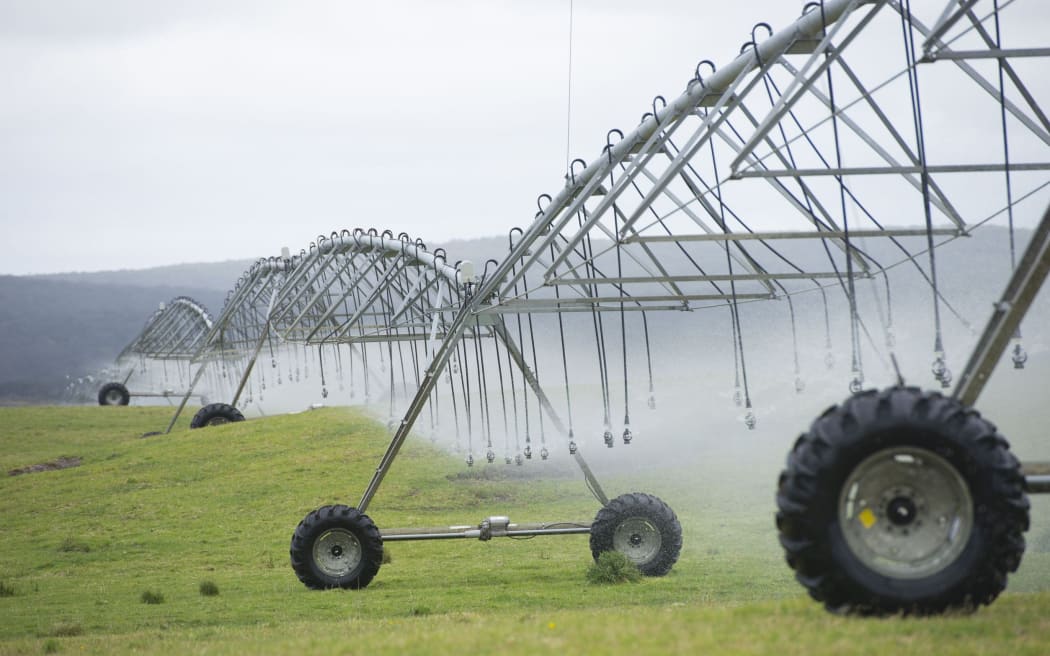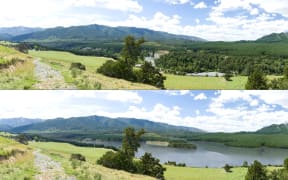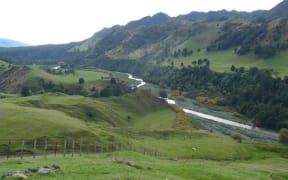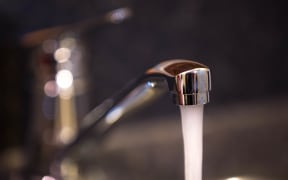The head of the Hawke's Bay Regional Council is concerned about a major increase in the amount of water farmers may be able to take for irrigation from a Ruataniwha aquifer.

Photo: Supplied
A board of inquiry, which looked at the Ruataniwha Water Storage Scheme and now defunct dam plans, ruled in 2015 that an additional 15 million cubic metres of water could be taken from underneath the Ruataniwha Basin.
Eight groups have applied for the water.
The council has yet to consult on the applications as it is carrying out scientific analysis to see what impact the take would have on the environment and existing consents.
If the council's investigations found the water take did have a significant impact on the environment - which council chief executive James Palmer said was likely given the volume of water being applied for - the council consult the public on the applications and whether they should be issued.
Mr Palmer said the council told the Board of Inquiry into the Ruataniwha Water Storage Scheme that the aquifer was already fully allocated
"We didn't believe that this water allocation should ever have occurred. Unfortunately the Board of Inquiry didn't agree with that view and sided with evidence from some of the other submitters, including existing groundwater users."
Mr Palmer said the council had a legal obligation to fulfil the plan.
"We've got to examine those consent applications for their effect, and then make a decision about whether they're consistent with the plan and whether they are supportable.
"But certainly we have reservations about allocating this water and certainly if I had my wish we would be revisiting the Tukituki Plan in relation to this and some other matters that came out of the Board of Inquiry," he said.
Local farmer Alistair Setter said there was plenty of evidence that the Ruataniwha plains were already drying up.
"There's residents at Ongaonga and Tikokino that have had to drill their bores lower and there's people on the other side of Waipawa, with the Papanui Stream, places that have never dried out that have in this last year," he said.
Mr Setter said the regional council's own monitored bore levels have also dropped more than 10 metres.
"It's getting worse every year since 1998, and that's with the existing consents."
Mr Setter said if the new proposed consents were granted it would increase the amount of water consents by 53 percent.
He said the regional council needed to stop any new aquifer consents to better protect the environment.
The Hawke's Bay Regional Council expected investigations into the impact of the water take would take two to three months to complete. Once that was completed, the council would decide whether it would consult on the plans.





